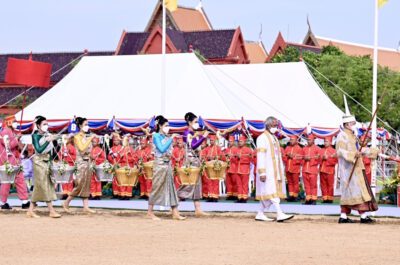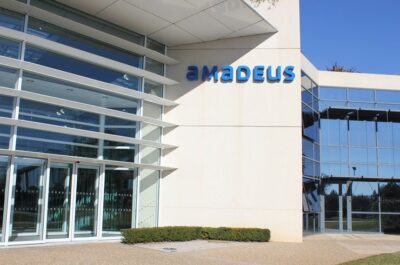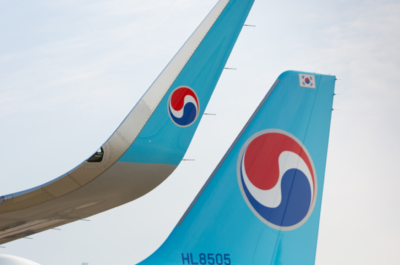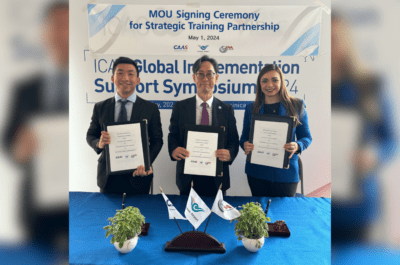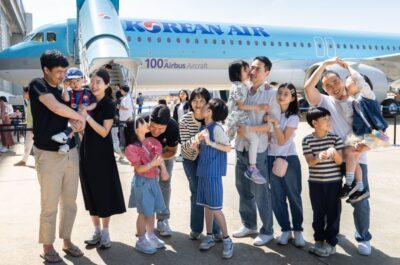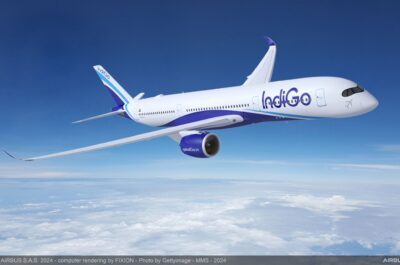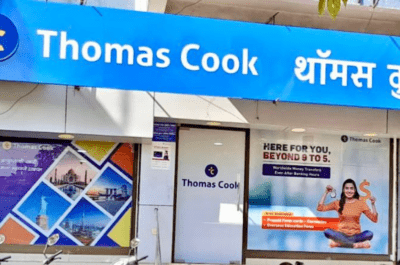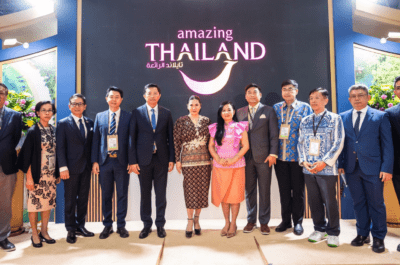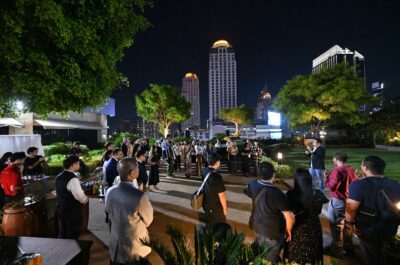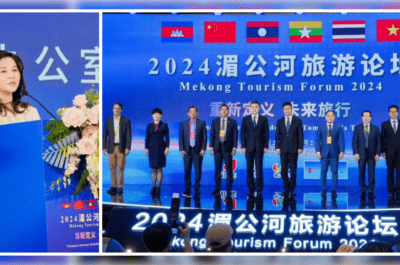A study has found that new, sophisticated forecasting methodology produces more accurate and meaningful data for hotel owners…
A study has found that new, sophisticated forecasting methodology produces more accurate and meaningful data for hotel owners and developers who rely on industry forecasts to make informed business decisions. A recently completed study by PKF Hospitality Research (PKF-HR) and Torto Wheaton Research (TWR) found that forecasts of occupancy, ADR and RevPAR published in the fall 2003 Hotel Outlook were 99.9 percent accurate when compared to actual results in 2004. Hotel Outlook is a lodging forecast report developed by PKF-HR and TWR and published quarterly.
The study went further when the company tested the impact of forecasting accuracy on a potential real-life business decision. PKF-HR and TWR simulated a common lodging investment scenario using both historical and forecasted data. The retrospective exercise contemplated the selection of 10 markets within which to invest hotel development dollars in 2004. One method relied solely on historical data (1999-2003) to determine which markets would be the best performers. The other method tested used the MSA RevPAR forecasts contained in the September 2003 Hotel Outlook report. The best markets were determined by the greatest actual RevPAR growth in 2004 as reported by Smith Travel Research.
As it turned out, of the top 10 markets in 2004, the historical approach identified only two MSAs, said R. Mark Woodworth, executive managing director of Atlanta-based PKF-HR. By using the RevPAR forecasts from Hotel Outlook, seven of the top 10 MSAs were identified. Our hypothetical investor would have been headed in the correct direction toward generating higher returns-on-investment using the Hotel Outlook forecast.
To our knowledge, no other firm in the lodging forecast business has conducted as detailed or objective an evaluation of the predictive qualities of their lodging forecast model, Woodworth said. Results of our study indicate that Hotel Outlook provides our subscribers with extremely accurate forecasts that they can rely on to make the best informed business decisions. We are particularly gratified to have achieved these results without having to tweak our forecasts. The accuracy assessment will be an on-going annual review that will be reported to our clients and the hospitality industry at-large.
Woodworth noted that the accuracy study, which is available on the company`s Web site, contains detailed information regarding the method used to forecast lodging performance, as well as the steps taken to conduct the accuracy analysis. We realize that people might be skeptical of our internal self-analysis. Therefore, the report lays everything out on the table to enable readers to reach their own conclusions. While we have a relatively brief track record at this time, we believe we will be able to sustain this level of accuracy, excluding major unpredictable events, such as 9/11, he said.
Hotel Outlook is a joint product of PKF Hospitality Research and Torto Wheaton Research. It was first published in September of 2001 and provides econometric forecasts for the U.S. and 51 of the largest Metropolitan Statistical Area (MSA) hotel markets in the nation. Forecasts are prepared on a quarter-by-quarter basis for a term of six years. The model projects supply, demand, occupancy, ADR, and RevPAR for both full- and limited-service hotels within each market. Data from Smith Travel Research, Economy.com, PKF Hospitality Research, and Torto Wheaton Research are used to run the model.
The accuracy assessment studied forecasts made in September of 2003 for the five ensuing quarters–fourth quarter 2003 through fourth quarter 2004. In addition, the 2003 and 2004 year-end annual forecasts were examined. The analysis covered forecasts made for each of the 51 markets, as well as the national total. Accuracy was determined by the percent variance between the forecast numbers of Hotel Outlook and the actual results reported by Smith Travel Research.
















